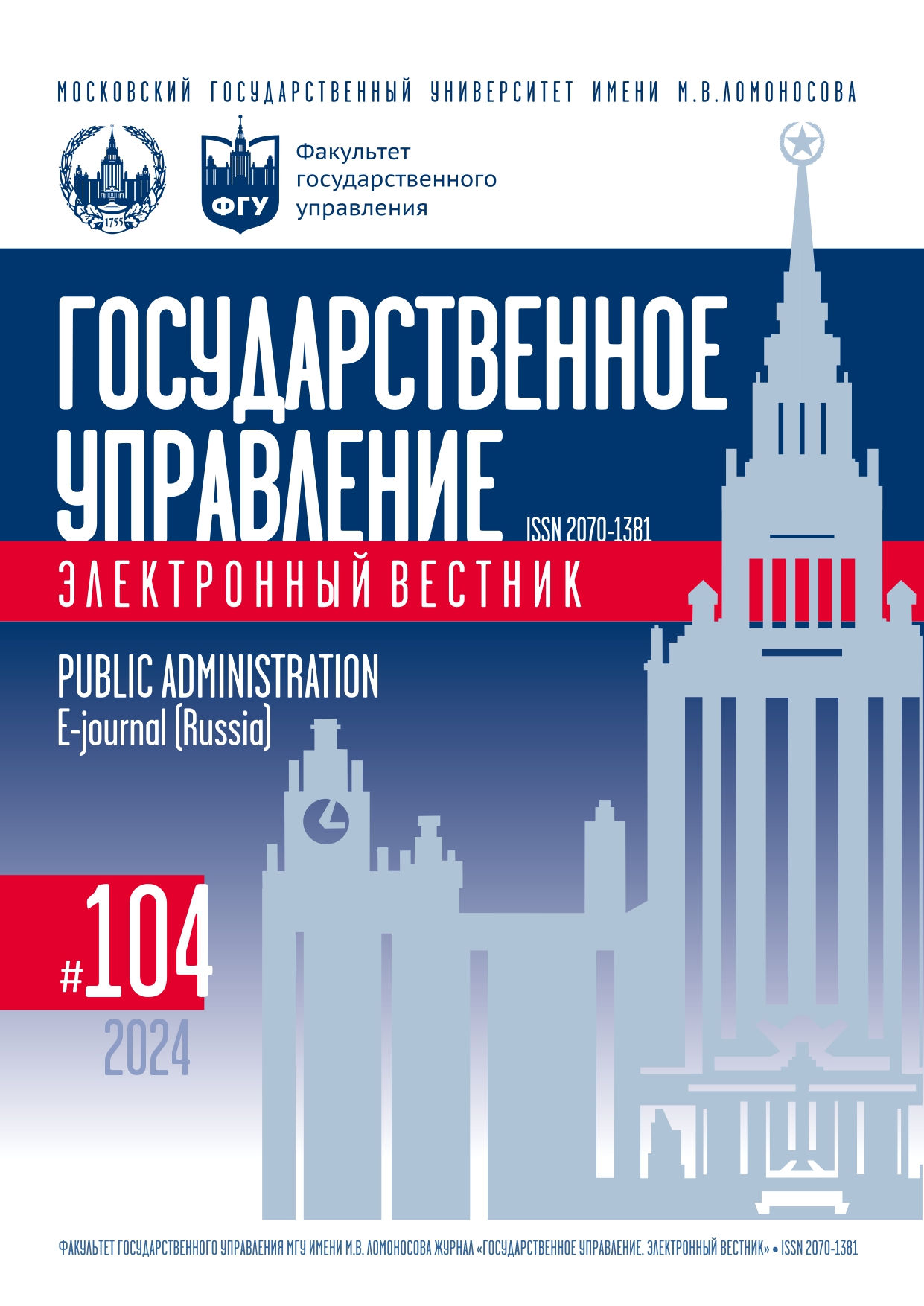Review of the Book by V.M. Zubok "Collapse. The Fall of the Soviet Union”
Keywords:
V.M. Zubok, M.S. Gorbachev, B.N. Yeltsin, G. Bush, J. Baker.Abstract
The article considers the monograph by professor of the London School of Economics and Political Sciences V.M. Zubok “Collapse. The Fall of the Soviet Union” published in Russia in 2023. Considering that in recent years the number of works devoted to this issue has noticeably decreased, the appearance of such a thorough study is an important scientific event. The purpose of this article is to determine the author’s contribution to uncovering the problem of the USSR collapse. This monograph is considered in the general context of modern scientific issues devoted to the collapse of the USSR. The expert assessment is based on the following criteria: scientific objectivity, the nature of the sources and literature used, the structure of presentation and the general intent of the work. Based on the analysis of the V.M. Zubok’s monograph, it can be concluded that this work represents a fundamental historical and political science study. The author uses a huge number of diverse (and in many ways unique) sources, while focusing on personal materials (memoirs, interviews). This approach helps to understand the subjective (hidden) mechanisms of making certain fateful decisions. The undoubted advantages of the study include a comprehensive consideration of the economic, political, and national processes that took place in the late USSR, considering the foreign policy factor that influenced the fate of the Soviet Union. The main reason for the fall of the Soviet Union according to V.M. Zubok are reforms that were extremely unsuccessful and not suitable for the Soviet state, given the uniqueness and specificity of the country. In addition to the mistakes of the top leadership, the author places great responsibility for the fall of the USSR on the “Western partners” of Gorbachev (primarily the USA). The George W. Bush administration could, if it wanted, save the USSR by providing large-scale financial and economic assistance. However, as the author proves, the United States did not intend to do this, patiently watching the collapse of its strategic enemy. Therefore, Zubok’s study helps to better understand the meaning of modern Russian policy aimed at not repeating the mistakes of perestroika.
References
Ветер Перестройки — 2022: сб. материалов Второй Всероссийской научной конференции. Санкт-Петербург, 9–11 ноября 2022 г. / под ред. А.Д. Матлина. СПб.: Скифия-принт, 2023.
Гуанпан С. Развал СССР и КПСС: взгляд китайского ученого. М.: Родина, 2022.
Ефимов Н.Н. Распад СССР. 1991 год. М.: Вече, 2021.
Зубок В.М. Коллапс. Гибель Советского Союза. М.: АСТ: ОГИЗ, 2023.
Зубок В.М. Неудавшаяся империя. Советский Союз в холодной войне от Сталина до Горбачева. М.: РОССПЭН: Фонд «Президентский центр Б.Н. Ельцина», 2011.
Лозо И. Августовский путч 1991 года. Как это было. М: Политическая энциклопедия, 2014.
Маслов Д.В., Лазарева Л.Н., Суханова Н.И. Причины распада СССР: вопросы методологии исследования. М.: Политическая энциклопедия, 2022.
Плохий С. Последняя империя. Падение Советского Союза. М.: АСТ: CORPUS, 2016.
Plokhy S. The Last Empire. The Final Days of the Soviet Union. New York: Basic Books, 2015.
Taubman W. Gorbachev: His Life and Times. New York: Simon & Schuster, 2017.
Zubok V., Pleshakov C. Inside the Kremlin’s Cold War: From Stalin to Krushchev. Cambridge, Massachusetts, USA: Harvard University Press, 1997.
Zubok V.M. Collapse: The Fall of the Soviet Union. New Haven: Yale University Press, 2021.

